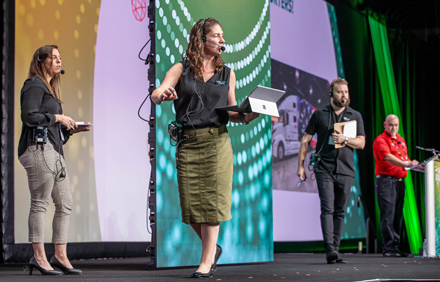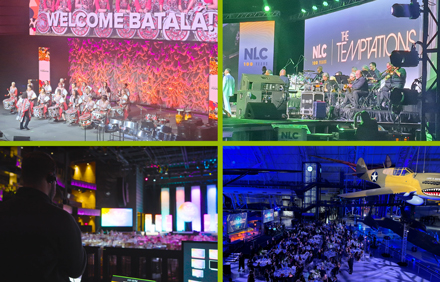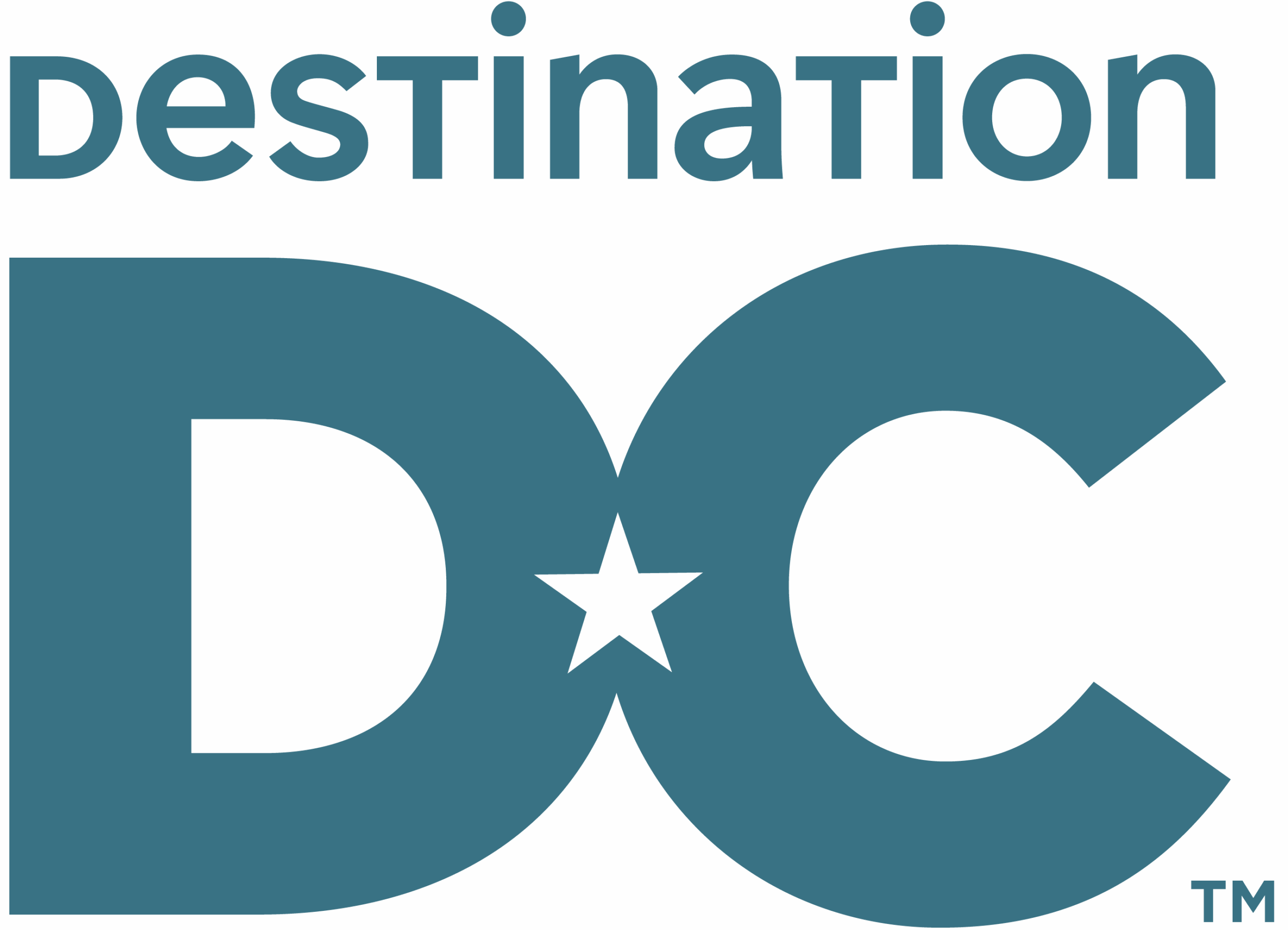
Blogs and Resources
One component of a successful event is creating engagement opportunities for your attendees. However, it can be challenging to find affordable options that best suit […] Read More »
Read MoreBlog
LAI Live is a full-service client experience encompassing event design, production management, program development, content design and audio-visual logistics; all led by a professional team of Live Event Producers and creative content designers.
Production Management is the focus of logistics and design for any stage or show component of your event. Our Live Event Producers will take the lead in this area by handling production timelines and deliverables, AV logistics, contributing and executing creative program ideas, cue sheet development, scripting, content creation, on-site schedules, leading regularly scheduled team meetings, talent rehearsals, stage management, tech rider management, education session logistics, and much, much more.
Oh goodness, where do we start?! LAI Live designs, produces, and manages events from start to finish. The event producer and creative team take a hands-on approach to deliver full-service client experiences encompassing program development, graphic design, scripting, production management, audio-visual logistics, scenic design, animation and video production, talent management, plus lead all onsite logistics and execution.
With an AV company, you’re responsible for managing all the above elements and often get little support, creative input, or preproduction communications from your AV lead. Onsite, you’re responsible for handling the talent and handing off your run of show in hopes that it’s executed the way you’ve envisioned with few hiccups.
Related Read: Event Production Company vs AV Support
LAI Live’s event production services cover a wide range of events from executive summits to galas to conventions and brand immersive experiences. To find out more, click here.
Professional event production services enhance attendee experience by ensuring high-quality sound, lighting, and visual effects, creating an immersive and engaging environment. LAI Live Events focuses on innovative design and flawless execution to leave a lasting impression on guests.









